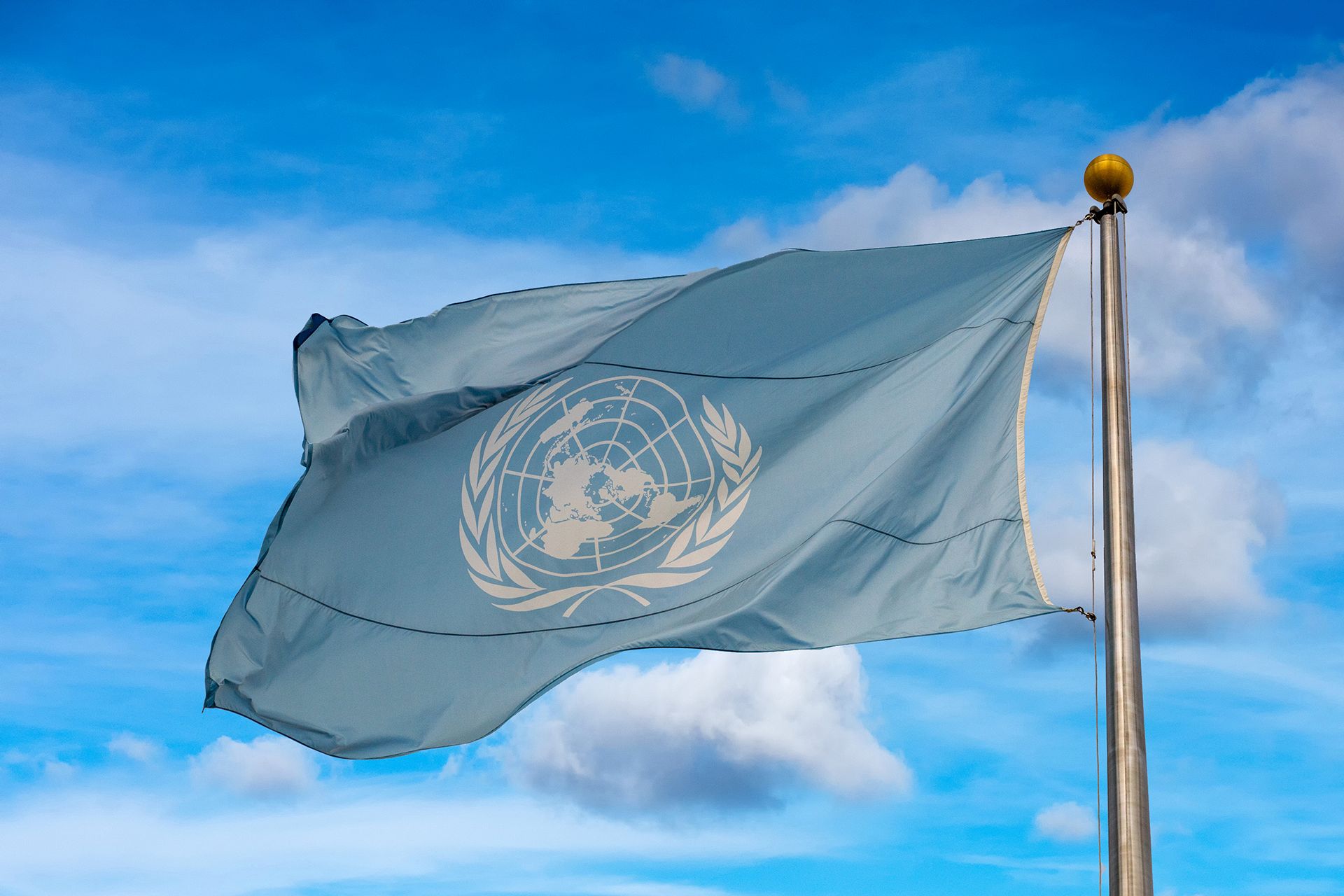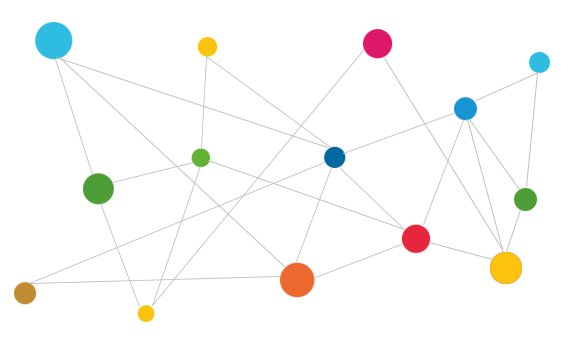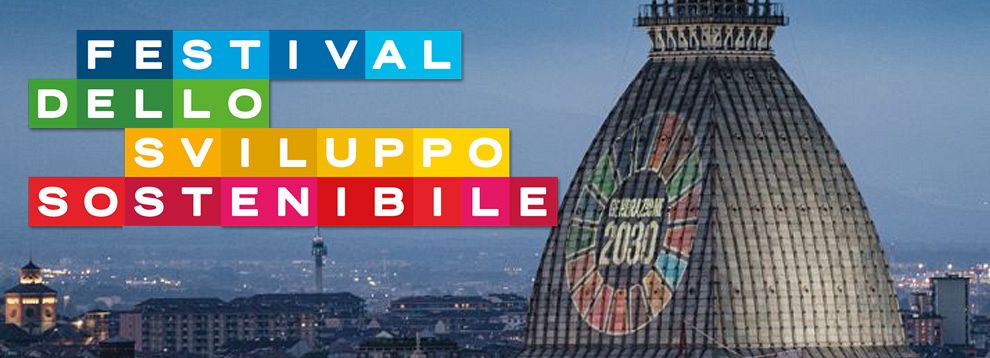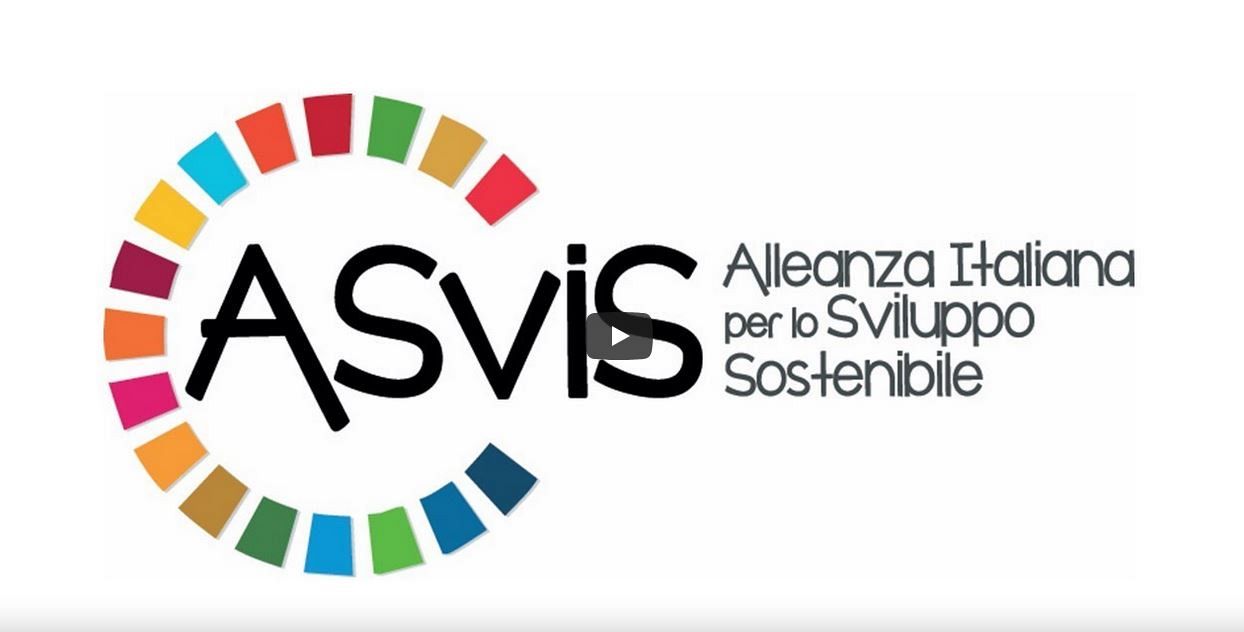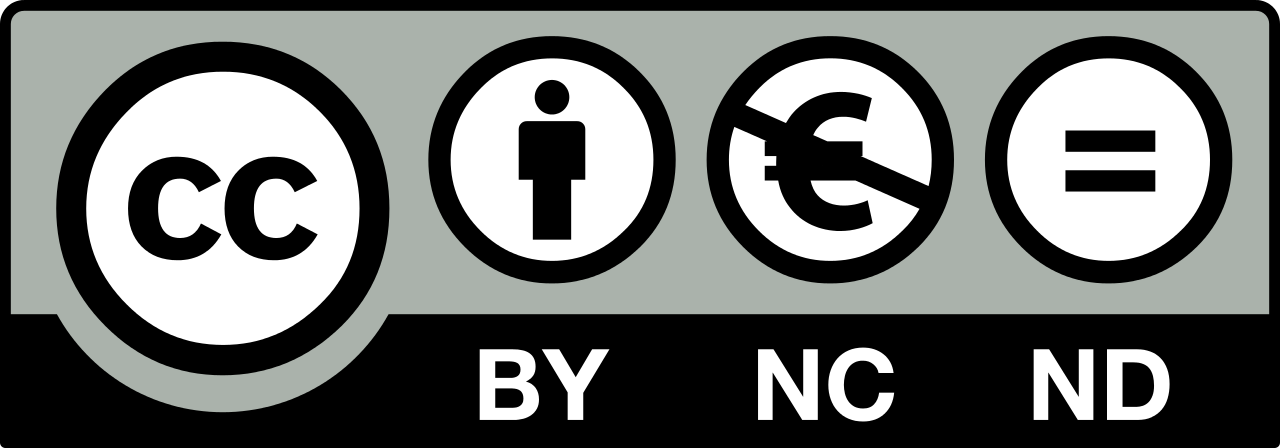The working groups
The Alliance carries out its activities through the work of the Secretariat and a number of ad hoc working groups. The latter rely on the expertise of over 900 professionals appointed by ASviS’s member organizations and serve as forums for the discussion of specific issues related to sustainability, the elaboration of policy/project proposals and the exchange of best practices.
Each working group has one or more Coordinators and at least one Representative of ASviS’s Secretariat. There are currently two types of working groups:
- 13 working groups on the SDGs
- 8 working groups on cross-cutting sustainability issues
Working groups on the SDGs
Each of the 17 Sustainable Development Goals can be explored through dedicated sub-websites (ex/ www.asvis.it/goal1) where users can learn more on the SDG and on the activities of the working group. Each website details the Goal’s Targets as established by the UN, the description of Italy’s current position in relation to the Goal, specific news, detailed studies carried out by experts, events, documents and information on the composition of the working group for that Goal. The section “Contatti” (contacts) allows users to request information or contact the working group. Each SDG website can be accessed by clicking on the SDG logo on the website’s homepage slider. Users can return to the homepage by clicking on the SDG wheel icon. ASviS’s SDG websites are constantly updated, making this platform a unique tool for those who wish to be informed about sustainable development in Italy and worldwide.
Working groups on cross-cutting sustainability issues
The Alliance’s working groups on cross-cutting sustainability issues tackle overarching aspects of the 2030 Agenda.
1) Sustainable development education
Sustainable development education has a strategic function in the framework laid down by the 2030 Agenda, and ASviS has been working hard to deliver concrete results for Italy in this field. On the one hand, the Alliance’s efforts are directed at making sure the country develops a national strategy for global citizenship education, just like other EU countries. On the other, it aims at promoting, also through the Memorandum of understanding with the Ministry of Education, University and Research (Miur), education and training projects for students, teachers and families.
2) Finance for sustainable development
The working group analyses the role of sustainable finance in the creation of long-term value and in ensuring that financial institutions place sustainable development at the center of their policies.
3) Culture for sustainable development
Culture is an overarching principle of the 2030 Agenda and an enabling factor for the concrete achievement of its Targets. An inclusive and integrated culture of sustainability that respects diversity is key for the achievement of the SDGs. Notwithstanding the difficulty in identifying common indicators to measure social and cultural capital, statistical and research institutes are strengthening their commitment in this direction. The impact analysis of territorial cultural actors and dimensions aims at measuring and including all the activities concerning the valorization of competencies and the enrichment of communities, promoted thanks to a greater attention to governance systems and the preservation of knowledge, heritage, social cohesion and creativity. This working group’s guiding principle is that a shared value system and a sustainable development culture will contribute to an improvement in the social and economic wellbeing of territorial communities.
4) Business associations for the “Milan Agreement”
The working group’s primary aim is to implement the agreement “The Italian business associations together for the Sustainable Development Goals”, signed during the 2017 Sustainable Development Festival. The signatory associations commit to raising the awareness of businesses on the 2030 Agenda, promoting innovation towards SDG-oriented business models and implementing access to ethical and responsible finance.
5) Foundations for sustainable development
The working group aims at strengthening Foundations’ commitment, participation and contribution to the achievement of the Sustainable Development Goals by exploring the key issues to be tackled during the Italian G20 presidency, thus contributing to the considerations of the F20 Foundation.
The year 2021 will be key for sustainable development, both during the G20 presidency and the COP26 that will see Italy’s co-presidency in partnership with the UK, who will also preside the G7.
6) Youth organizations
The working group aims at launching a systematic evaluation of the intergenerational impact of laws and policies, sharing and promoting competencies on the 2030 Agenda in learning and training processes with a specific focus on entrepreneurial competencies tied to sustainable development and the transformation of the productive model. In its activities, the group also contributes to the activities of other working groups by sharing the point of view of younger generations on SDG-related issues.
